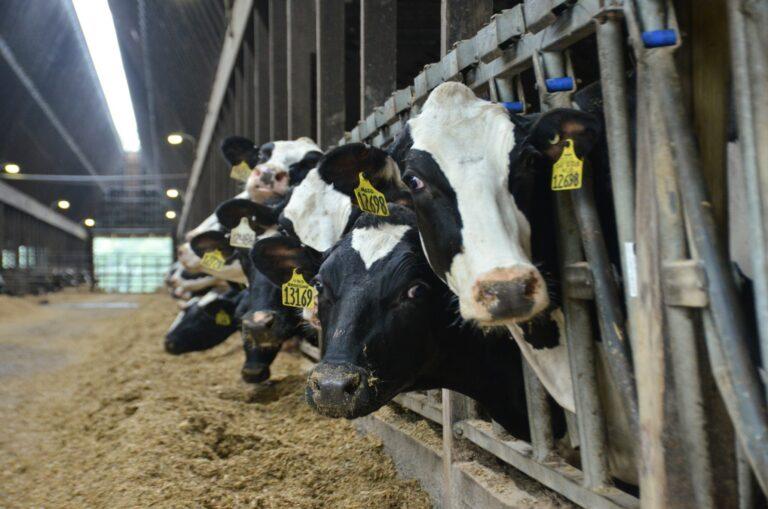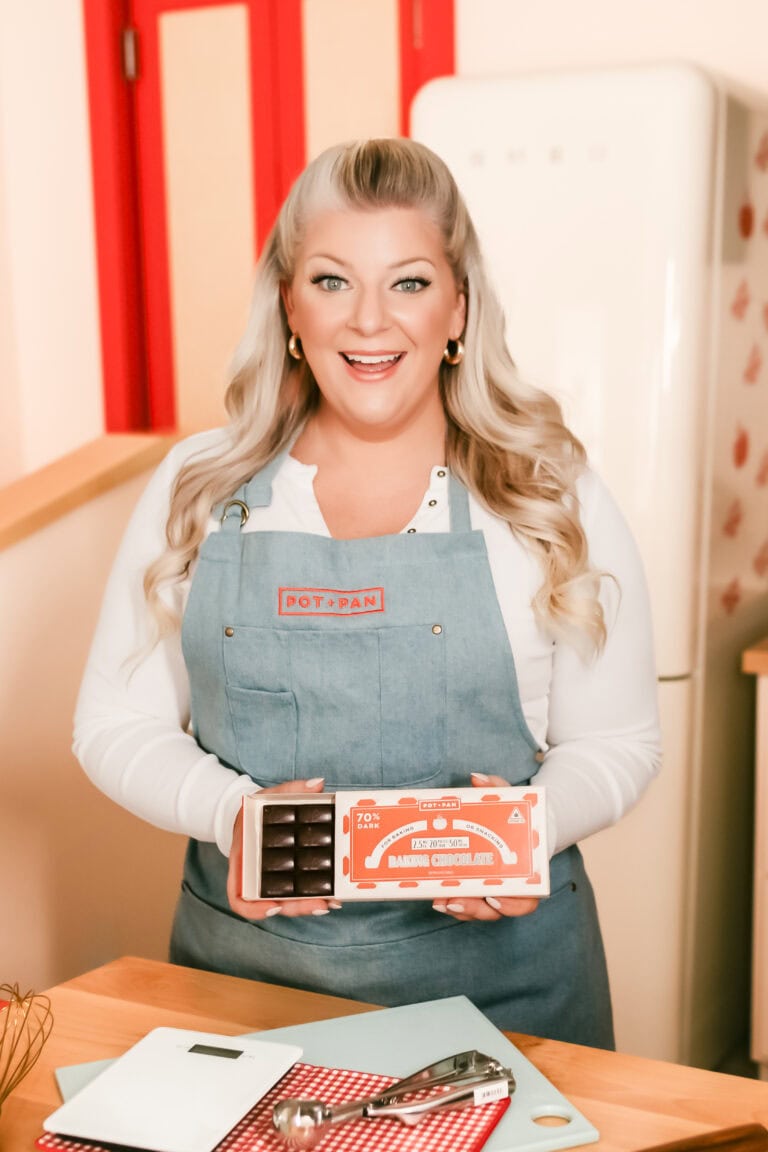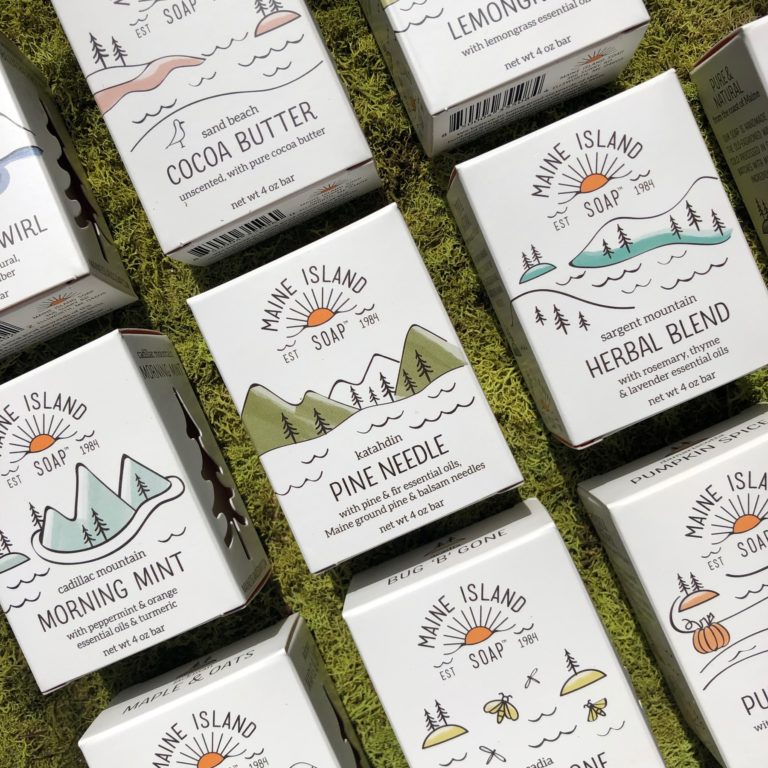For most of the Wabanaki people’s existence, fresh water was free. Not just monetarily speaking, but in a deeper sense. Indigenous life is tied to regional water commons—rivers, ponds, lakes, and springs. But Indigenous people do not possess water because it is sacred.
“Indigenous folks have been fighting, since the first settlers arrived, to maintain the integrity of [these] waters. Corporations are colonizing Maine right now for water resources,” says Fryeburg resident and water rights advocate and activist Nickie Sekera. “This is a final wave of colonization. Humans’ final frontier in commodifying all living things.”
The Penobscot Nation, part of the larger Wabanaki Confederacy, has worked for many decades to curtail pollution in and increase accessibility to the Penobscot River. Geographically the river’s tributaries originate in four lakes located in ceded Wabanaki territory in north central Maine; the river itself flows through federally designated tribal reservation lands and empties into Penobscot Bay near Bucksport. “We are so tied to water,” says Darren Ranco, a member of the Penobscot Nation and chair of Native American programs and coordinator of Native American research at the University of Maine. “It’s what connects us to travel, other people, places. It’s hard to dislodge that.”
The importance of clean, fresh water is woven into the Penobscot myths. There’s a story about a greedy frog monster who gobbles up all the water, leaving none for the other creatures. The river is revered as a food system and a “living relative, a relation,” says Ranco.
On the Penobscot census rolls, the Penobscot River is listed as the first ‘citizen’.
Under United States law, though, the river is categorized differently. In 2017, the U.S. First Circuit Court of Appeals ruled on a long-standing legal argument between the state of Maine and the Penobscot Nation that the water of the Penobscot River was not a member of the tribe at all. Only the land within the Indian Island reservation could be claimed as theirs. This exclusion was, according to Sekera, evidence that the court’s majority “doesn’t respect kinship.”
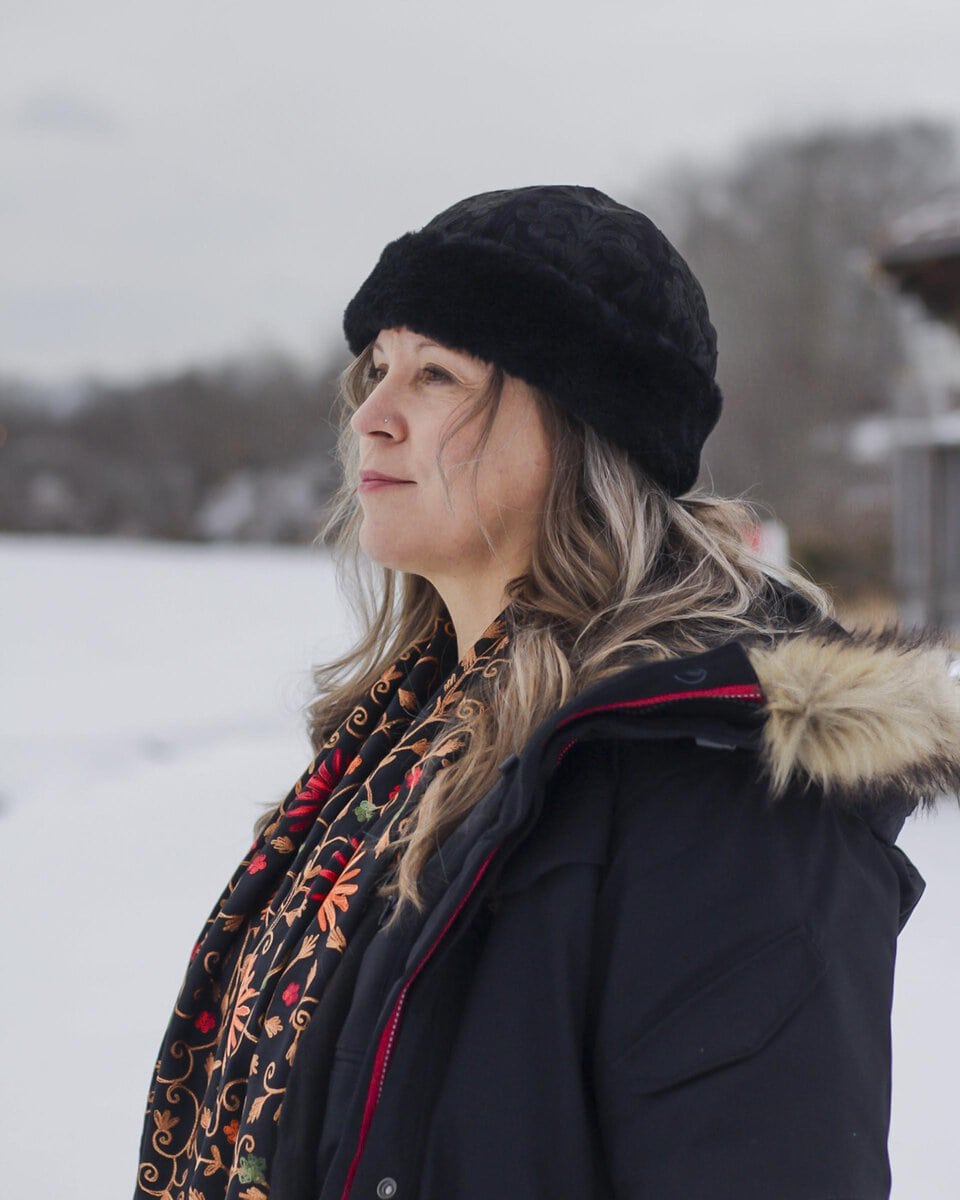
Many people, she says, can’t see water as a source of life. Even people who want to protect Maine’s water often have their eye on plausible revenue streams. “They’re looking for the potential to make money, not the potential we have as human individuals [to be] in right relationship with the land, the environment, and all the living things,” she says.
Sekera, who is white, has never experienced a world where water was free, though she didn’t realize that fact until adulthood. She grew up with ready access to a steady stream of tap water. As a child, she lived in rural Maine in a home with a private well. “We had good water,” she says.
Back then, it seemed easy to quench her thirst, but that ease vanished when she traveled to California to hike the Pacific Crest Trail, where she went long stretches, up to 40 miles, through the desert with no access to water. “For a while, I was hiking along the [Los Angeles] Aqueduct. I could see a giant pipeline that belonged to someone,” she remembers. “That got me thinking.”
Sekera educated herself on the history of California’s waterways (Cadillac Desert by Marc Reisner was an influential book for the young environmentalist), returned to the East Coast, and kept thinking about fresh water and access to it. It seems to be abundantly, beautifully present in Maine. But you don’t have to be in the desert to experience water scarcity, and people of all backgrounds need to understand the realities of being disconnected from such a basic component of life.
In 2012, Sekera co-founded Community Water Justice (CWJ), a network of organizers, educators, and residents devoted to fighting privatization of local water. The network includes fellow Fryeburg residents like Nora Schwarz, Nels Liljedahl, and Sherri Billings, as some of the water in Poland Spring bottles is sourced from the Evergreen Spring in their town. But Sekera says the CWJ collective spans Maine’s geography. She’s been careful to establish an organizational structure that cannot be easily lobbied, influenced, or swayed by commercial interests.
Sekera and her fellow activists combat water privatization on multiple fronts. Sometimes they go up against corporations. Other times they take on local and state lawmakers from both sides of the aisle. One thing that makes Sekera’s work so valuable, Ranco says, is that she sees the bigger picture, the threats coming at humanity on a global scale. “She pays attention to our knowledge keepers and others around the world,” he says. “And she commits locally. She’s coming from an ethical position, one that she is passing down in her role as a mother.”
Her son, Luke Sekera-Flanders, has worked for communal water rights alongside his mom since he was 8 years old: sitting in on strategy sessions, attending rallies, and even co-presenting a TEDx Talk. “He’s been brought up doing this work,” says Nickie. Last year, Luke was awarded a Changemakers Fellowship with the Maine Environmental Education Association to work toward sustainable access to clean water for all people during a pre-college gap year.
Ranco says Sekera focuses on being “present and stalwart.” She makes space for other people to speak, he says, and like any good leader, she knows when to fade into the background.
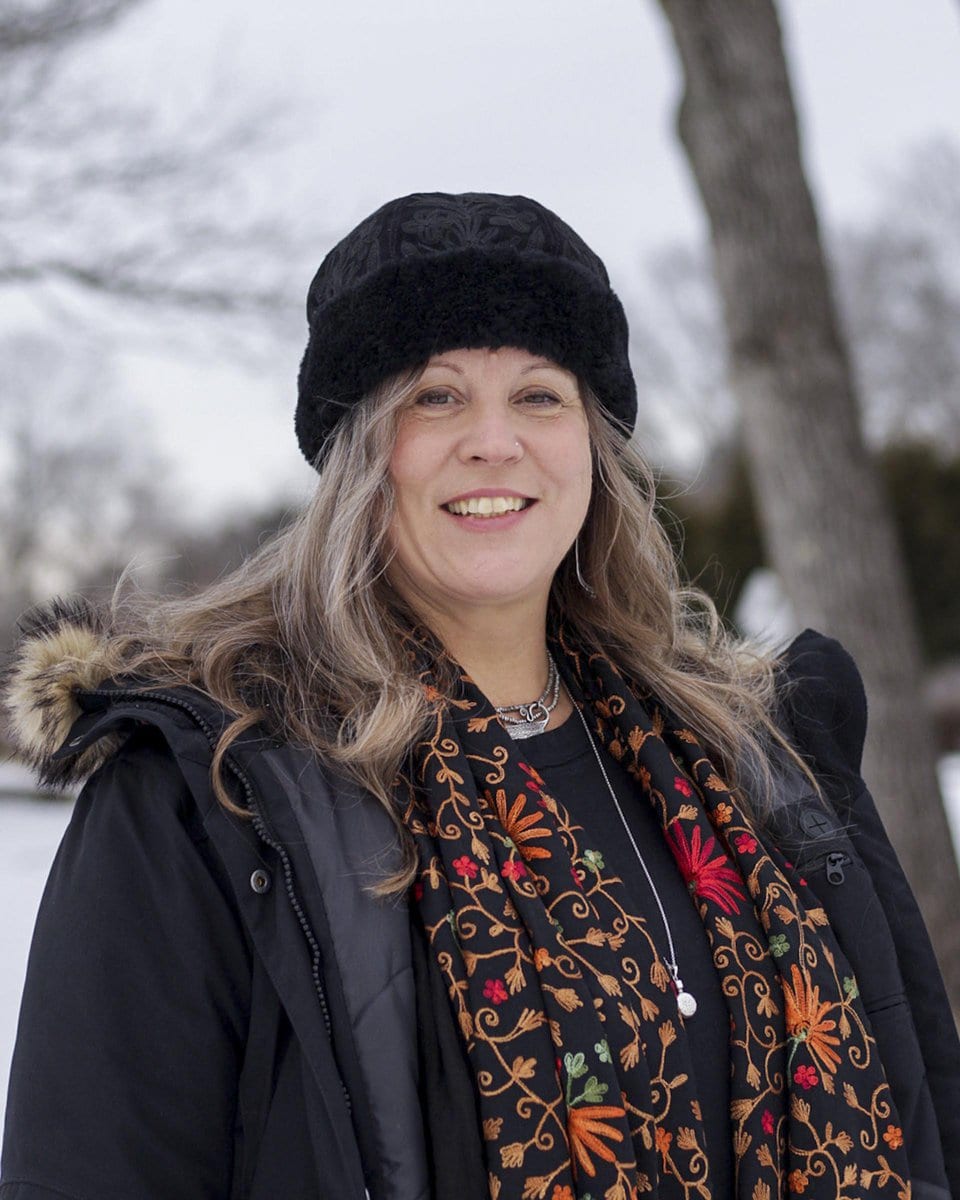
Sekera views water privatization as the most pressing issue of our time. In 2010, the United Nations General Assembly recognized access to safe, clean water as a basic human right. But corporations worldwide promote water as a profitable commodity. In December 2020, Wall Street brokers started trading water futures. “The water wars are here. That’s what they look like,” says Sekera.
It’s not just that people are selling bottled water—that’s been happening for centuries—it’s that companies are legislatively allowed to pump more and more groundwater, leaving even less for distressed ecosystems.
Sekera brings the conversation back to Poland Spring. The Maine-founded and Maine-branded operation was owned by Nestlé Waters until that company was purchased by a couple of investment firms and renamed as BlueTriton Brands. A 2017 Bloomberg Businessweek report detailed how Nestlé Waters made billions by targeting states (like Maine and Texas) that have “absolute capture” laws allowing private landowners to pump as much groundwater as they want to sell. Former Nestlé executive Peter Brabeck-Letmathe has called the concept of free water “extreme.” He views water, it’s been reported, as a grocery product with a market value. Sourcing and delivering clean, safe water to humans does indeed take time, effort, and money. But Sekera says companies like BlueTriton have worked to pull this responsibility away from local governments (where there’s incentive to keep water as cheap as possible) and push it as a lucrative corporate affair.
She recalls sitting in the Maine Supreme courtroom one time, listening to arguments in favor of letting Poland Spring pump water out of the ground in towns where pond levels were rapidly falling. “In Fryeburg and Denmark, we have disappearing bodies of water,” Sekera says, “and they’re explaining that, based on the science provided by [Poland Spring], it’s not connected to [the company’s] pumping. What else could be causing it?”
While much of the media coverage of Poland Spring’s legal troubles has focused on its potentially misleading name—the outfit sells water pumped from the ground close to spring sites but not directly from springs themselves—Sekera is more concerned about long-term environmental impact. As an outdoorswoman, she’s spent decades working, playing and regenerating in the woods throughout New England. (Before the pandemic, she served as a director at SOLO Wilderness Medical School in Conway, New Hampshire for 18 years.) Sekera sees the forested, water-rich landscape as a place of possibility, a stage from which residents can telegraph their values. We could, she says, choose to preserve our water commons, to protect our natural resources, to make the human right to freshwater access a societal priority.
Maine water isn’t just for drinking, Sekera says; it also supports Maine’s vibrant local food system. She takes a lot of hope from that food system, and she sees the possibility that Mainers could show a similar enthusiasm for protecting and promoting local water resources. “When I think of freedom, I think of the freedom to take water that we need and the freedom for future generations,” she says. “I have a vision. And I’m stubborn.”









